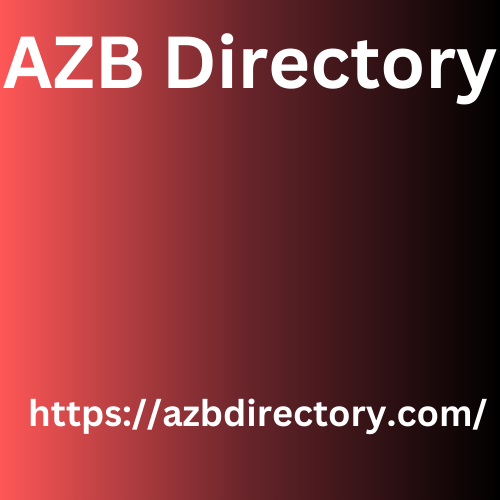Post by alimularefin63 on Jun 9, 2024 20:13:47 GMT -8
Title: Unlocking the Power of Ruby on Rails Application Programming Interface (API)
Introduction
In the realm of web development, creating robust and efficient APIs is crucial for facilitating seamless communication between different software applications. Ruby on Rails, a popular web application framework, offers developers a powerful toolset for building APIs that are both flexible and scalable. In this article, we'll delve into the world of Ruby on Rails APIs, exploring their benefits, key features, and best practices for implementation.
Understanding Ruby on Rails APIs
Heading 2: What is an API?
Before delving into Ruby on Rails APIs, let's first understand what an API is. An API, or Application Programming Interface, serves as an intermediary that allows different software applications to communicate with each other. It defines the methods and data formats that applications can use to request and exchange information, enabling seamless integration and interaction between disparate systems.
Ruby on Rails, often simply referred to as Rails, is a popular open-source AZB Directory web application framework written in Ruby. It follows the Model-View-Controller (MVC) architectural pattern, which promotes modularization and separation of concerns, making it ideal for building scalable and maintainable web applications.
One of the key strengths of Ruby on Rails is its emphasis on convention over configuration, which means that developers can quickly build functional applications by following established conventions and best practices. This philosophy extends to API development as well, where Rails provides a set of conventions and tools for creating RESTful APIs with minimal effort.

Heading 2: Benefits of Using Ruby on Rails for API Development
Rapid Development: Rails' convention over configuration approach allows developers to focus on building application logic rather than boilerplate code, leading to faster development cycles.
Scalability: Rails' modular design and built-in support for caching and database optimization make it well-suited for building scalable APIs capable of handling a large volume of requests.
Security: Rails comes with built-in security features, such as protection against common web vulnerabilities like SQL injection and cross-site scripting (XSS), helping developers build secure APIs by default.
Community Support: Ruby on Rails boasts a vibrant and active community of developers who contribute to its ecosystem by creating plugins, gems, and libraries that extend its functionality and address common use cases.
Best Practices for Ruby on Rails API Development
Now that we've explored the benefits of using Ruby on Rails for API development, let's discuss some best practices for building robust and maintainable APIs:
Follow RESTful Principles: REST (Representational State Transfer) is a set of architectural principles for designing networked applications. Rails makes it easy to adhere to RESTful principles by providing conventions for defining routes, controllers, and resourceful routing.
Use Serializers: Serializers are responsible for converting complex data objects into a format that can be easily consumed by client applications, such as JSON or XML. By using serializers, developers can control the structure and presentation of API responses, improving readability and performance.
Implement Authentication and Authorization: Securing your API is paramount to protect sensitive data and prevent unauthorized access. Rails provides several authentication and authorization mechanisms, such as token-based authentication with Devise or OAuth, to ensure that only authenticated users can access protected resources.
Optimize Performance: Performance optimization is crucial for ensuring that your API can handle a large volume of requests efficiently. Techniques such as caching, eager loading, and database indexing can significantly improve the responsiveness and scalability of your Rails API.
Conclusion
Ruby on Rails offers developers a powerful and flexible platform for building APIs that are both functional and maintainable. By leveraging Rails' conventions, built-in features, and vibrant community, developers can create RESTful APIs that meet the needs of modern web applications. Whether you're building a simple JSON API or a complex microservices architecture, Ruby on Rails provides the tools and frameworks necessary to unlock the full potential of your web development projects.
